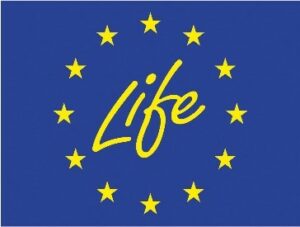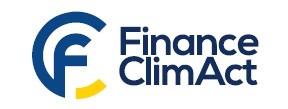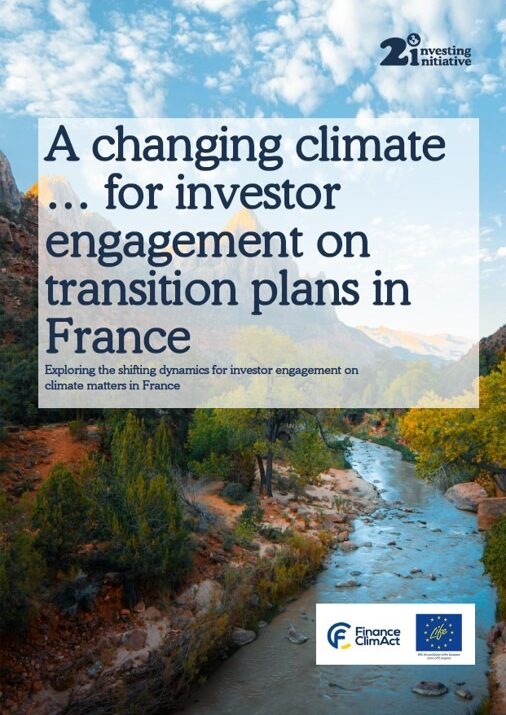However, the effectiveness of shareholder resolutions varies across jurisdictions. In France, strict corporate governance laws limit the effectiveness of these resolutions, as they are typically non-binding. Despite this challenge, there is cause for optimism.
A shifting landscape in France sees stakeholders advocating for regulatory reforms to empower shareholders in relation to climate matters. And recent EU regulatory reforms now requiring companies to disclose transition plans represent a significant step towards transparency and sustainability. But to ensure meaningful progress, it is imperative to ensure the credibility and requisite level of ambition for transition plans through transparent practices and robust accountability mechanisms. By leveraging shareholder power effectively, investors can drive tangible climate action within corporations, advancing the collective goal of a sustainable future.
This paper analyses the use of shareholder resolutions on climate in France and articulates why they are potentially of less utility in this jurisdiction compared to others.
It then explores the shifting dynamic for investor engagement on climate matters in France more broadly. In the context of the emerging focus on company climate transition plans there is significant scope for reconceptualising a shareholder vote on a company transition plan as a risk mitigation measure by the board of directors. At the same time a number of stakeholders have put forward recommendations for regulatory changes which seek to increase the power of shareholder resolutions on climate matters. And finally the paper discusses the new regulatory requirements at EU level to disclose corporate transition plans.
About the funder:


This project was funded by the European Union LIFE program under the grant agreement LIFE18IPC/FR/000010 A.F.F.A.P.
DISCLAIMER: This work reflects the views of 2DII. The other members of the Finance ClimAct Consortium and the European Commission are not responsible for the use that could be made of the information it contains


